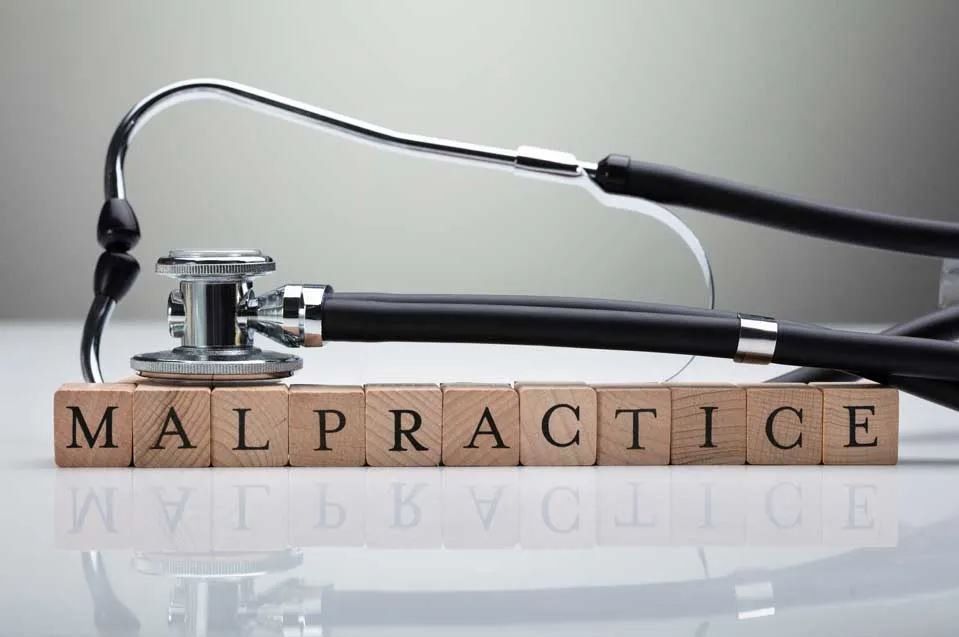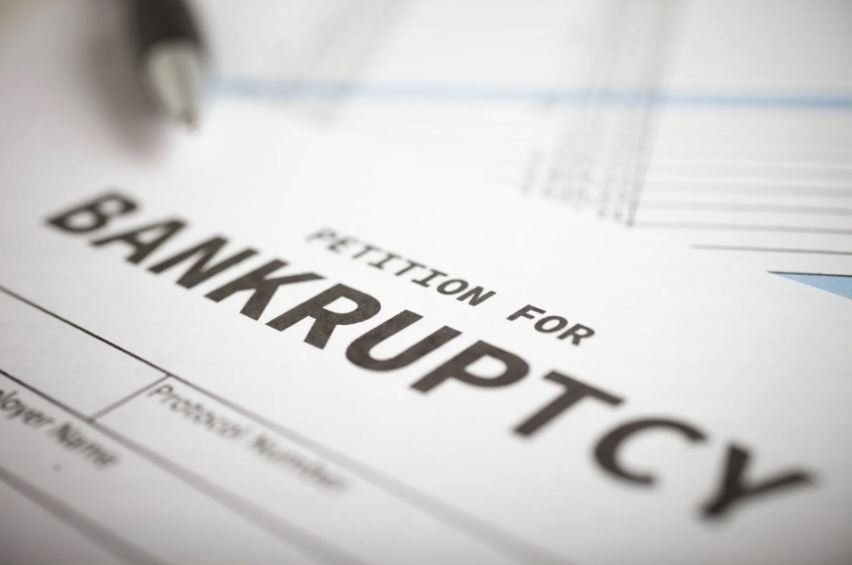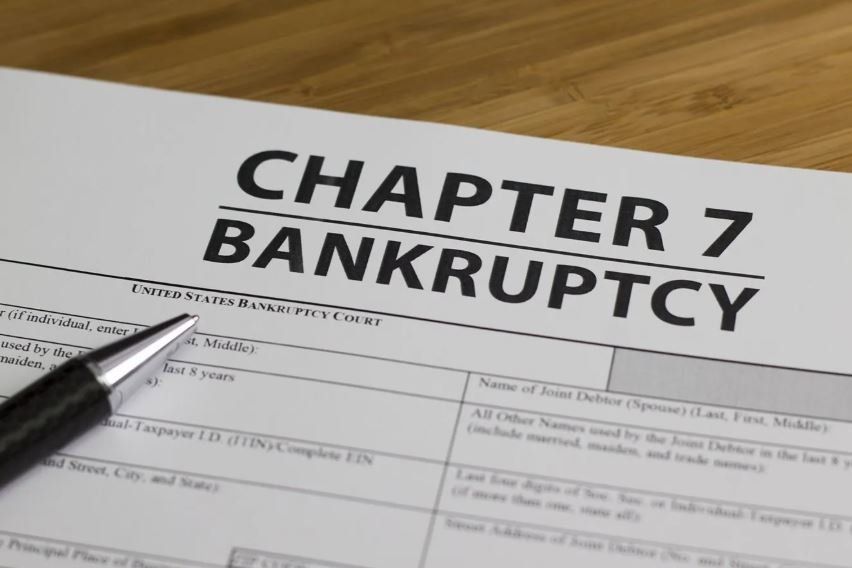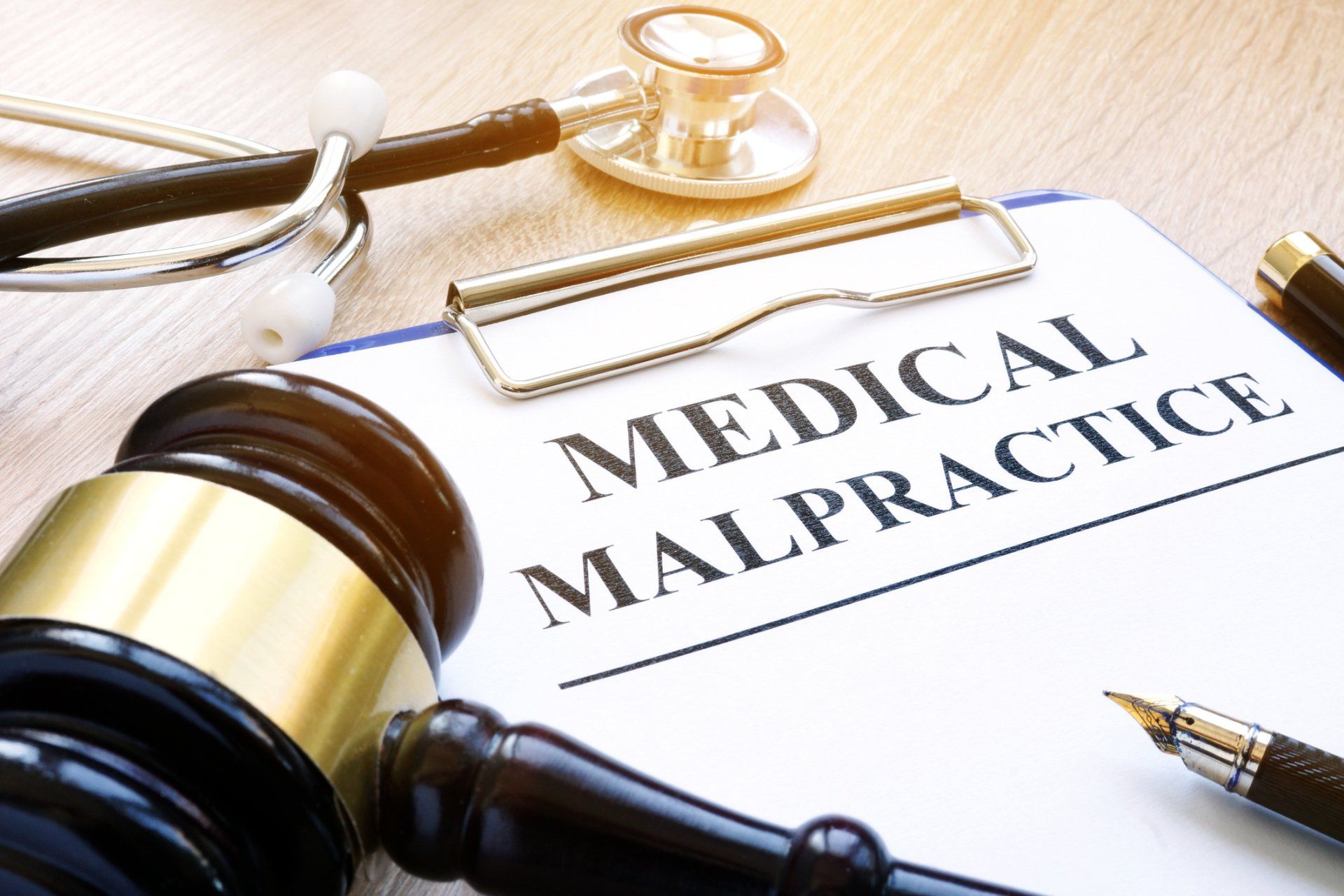What Happens to 3 Types Of Investments During Bankruptcy?
Admin • October 21, 2019
If you have decided to declare bankruptcy, you probably have many questions. For a debtor who has worked hard to accumulate investments - whether large or small - one very important question is how the bankruptcy will affect those investments.
To help you understand the effects you can expect as well as how to make the best choice among bankruptcy chapters, here is a short guide to investment types and bankruptcy results.
1. Your Investment in a Home
For many Americans, their home is their largest investment. For some, it may be their only investment - especially if times have been tough. Most states have put protections in place to prevent you from automatically losing your home in bankruptcy.
These protections, often known as homestead exemptions, allow you to exempt a home up to a certain equity value from being a salable asset for seizure. In Alabama, for instance, this exemption covers up to $30,000 worth of equity, depending on your circumstances. Each state is different, so be sure you work with an attorney in your state.
You may also be able to reaffirm your mortgage, confirming that you wish not to be relieved of this debt and want to work to keep the home instead.
2. Your Investment in Retirement
Have you been able to put money aside for retirement? Then you likely have good news. Most legitimate retirement plans in accordance with federal rules are exempt from seizure to pay debts. This includes most 401(k) accounts, IRAs, Roth IRAs, SEP (self-employed pension), and SIMPLE plans.
These are exempted because you generally can't simply withdraw the money penalty-free in order to pay a debt. This inaccessibility works to your advantage in bankruptcy proceedings. However, limitations exist. IRAs and Roth IRAs are usually only exempt up to the first $1,362,800, for instance.
3. Your Investment in a Portfolio
Finally, what will happen to any traditional, taxable investments you have when the time for bankruptcy arrives? This isn't usually as much good news as for the other types of investments. If you file for Chapter 7 bankruptcy, the court is likely to order your portfolio liquidated in order to pay off your debts. A few exemptions exist, but you should discuss your particular situation with your attorney.
Someone with significant investments when filing for Chapter 13 bankruptcy, on the other hand, may come out a little better in the long run. Because Chapter 13 isn't straight liquidation, you have a chance to pay off your debts over time through an approved plan. You can often keep your investments, but keep in mind that they may affect how much you will pay each month.
One final way to exempt some of your portfolio is called a "wildcard exemption." The wildcard exemption is designed to allow you to choose certain assets you want to protect from seizure to pay debts. You may often choose a car, personal belongings, collectibles, or even your investment portfolio. The wildcard exemption isn't a great deal of money, but it does offer some additional relief.
Protecting your assets during a bankruptcy is challenging but vital. And because of complex state laws, you may need to take a number of protective steps before you even file with the court. The earlier you know how to make the best of the bankruptcy, the better you can stabilize your finances without giving up everything you've worked for.
To learn more, make an appointment with the Alabama bankruptcy professionals at William C. Poole, LLC, today. We can help you navigate this uncertain time and learn the right answers to all your questions. Call today for more information.
The medical care you receive during your pregnancy affects your baby's health. Medical malpractice during pregnancy can harm the baby. Learn more here.
If you own rental property, and you have some problematic tenants, check out these four reasons you can start eviction proceedings.
If you've encountered harm due to a medication you took, you may want to consider filing a lawsuit. Read our blog to learn more about when you should file.






